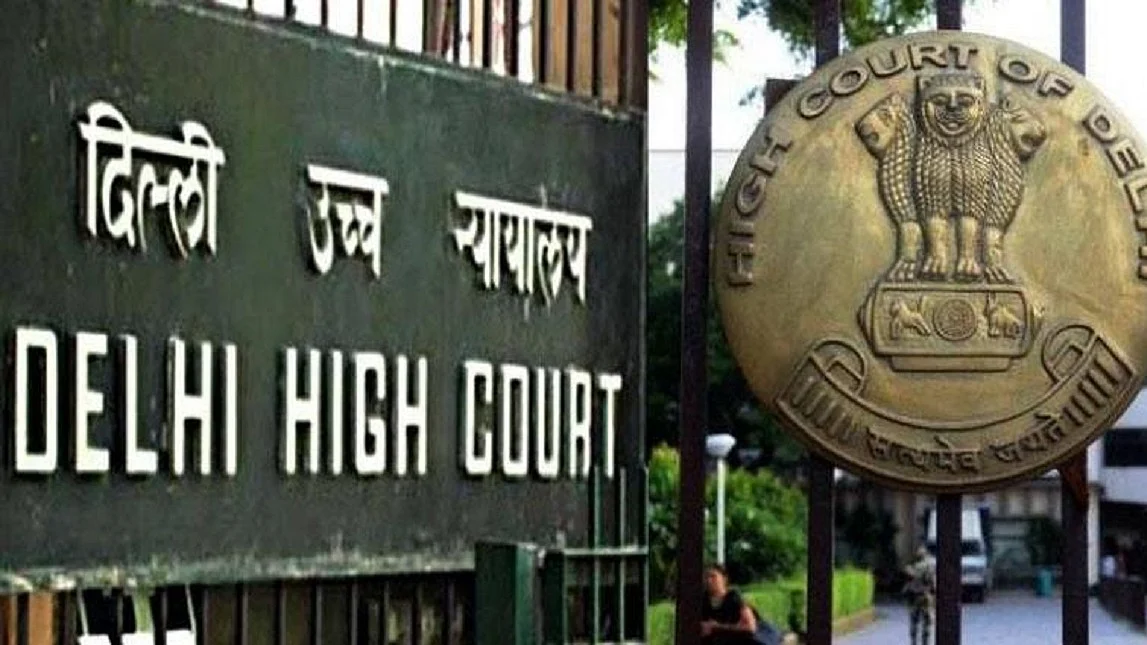Herald View: Would the PM ‘CARE’ to Clarify?
The ongoing hearing in the Delhi HC on the legal standing of the three-year old PM CARES Fund provides a fascinating insight into the working and thinking of the Union government

The ongoing hearing in the Delhi High Court on the legal standing of the three-year old PM CARES (Prime Minister’s Citizen Assistance and Relief in Emergency Situations) Fund provides a fascinating insight into the working and thinking of the Union government. Seemingly unaware of the inherent irony, the government is arguing in court that the fund is not part of the government. Why, then, is the government a party to the hearing is not clear. If it is not indeed the ‘State’ in legal terminology, the petition prayed, the government should publicise the fact, because in the public mind, the PM CARES Fund is associated with the government, not least because it is administered from the Prime Minister’s Office, uses the office of the PM, emblem of the State, the Ashoka Chakra, and the domain name ‘gov.in’ for its website. The petition had urged the court to direct the Union government to stop extending secretarial support to the fund and thus perpetuate the impression that the fund is ‘official’. Even after dragging its feet for over a year, the government, in its affidavit filed on 28 January held that the fund was being administered in exactly the same way as the PM’s National Relief Fund, which is indeed a part of the government. The PMO had filed a one-page reply in July last year, which the Delhi High Court ruled was inadequate. In September, the government was given four more weeks to file its response and the next date of hearing was fixed for January 31. In its latest affidavit, an under secretary at the PMO has reiterated old arguments that the fund is a private charitable trust and has nothing to do with the government at the Centre or in states. It argues that the donations received are voluntary and the fund does not accept donations from the government. Since the donations do not go to the Consolidated Fund of India and because the government has no control over it, it cannot be held to be a public authority, the affidavit reiterated. It brushes aside the appointment of three seniormost cabinet ministers as trustees and the fund being managed by a joint secretary at the PMO by holding that it is merely for administrative convenience.
If the PMO’s argument is accepted to be valid, as the counsel for the petitioner pointed out, what would prevent chief ministers or DMs (district magistrates) from floating private charitable trusts from their offices? It would set a precedent for ministers in the states and the bureaucrats to appeal for donations to the private trusts and avoid public scrutiny, just like the PM CARES Fund. A former Vice President, several Union ministers and the cabinet secretary have appealed for donations to the PM CARES Fund. The precedent would allow the private trusts set up by public servants to claim that they are not ‘public authority’ under the law and hence not liable to respond to RTI queries. Even as the hearing continues in the Delhi High Court, it is still not clear why the PM CARES Fund was set up in the first place in March 2020. The Prime Minister’s National Relief Fund (PMNRF) and the National Disaster Response Fund (NDRF) were already there and both continue to receive donations from the public. Where was the need for another private fund? Both these funds are liable to be audited by the Comptroller and Auditor General of India (CAG) and are public authorities deemed under the RTI Act. What is so special, then, about the PM CARES Fund? The Supreme Court of India saw nothing wrong in 2020 in yet another charitable trust set up to cope with the pandemic; but the persistent refusal of the PMO to allow public scrutiny of the fund and answer questions raises suspicion. Within a week after the fund was set up, it received several thousand crores of rupees by way of donations. Public and private sector employees were forced to donate a day’s salary to the fund. Corporate donations and donations from foreign countries were permitted and income tax exemptions allowed. Funds set aside for corporate social responsibility (CSR) were permitted to be donated to the PM CARES, brushing aside objections that it would lead to double tax exemption and be a regressive incentive. Finally, unlike in the case of PMNRF and the NDRF, funds from PM CARES cannot be transferred to states. And yet PM CARES Fund failed to utilise more than a third of the donations received to cope with the pandemic. What is it that the PMO wants to hide?
Follow us on: Facebook, Twitter, Google News, Instagram
Join our official telegram channel (@nationalherald) and stay updated with the latest headlines